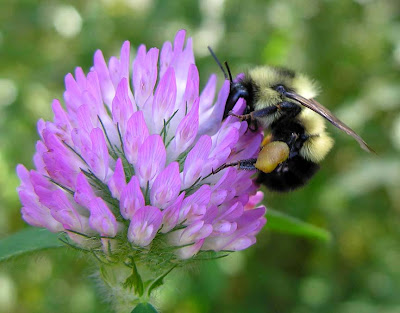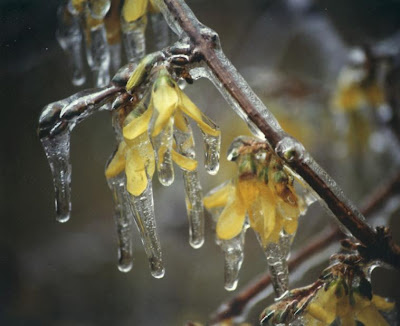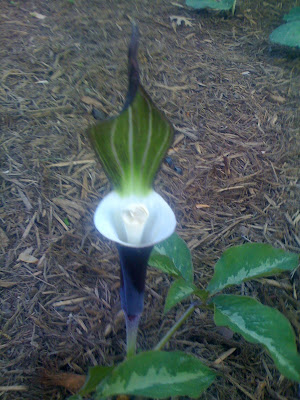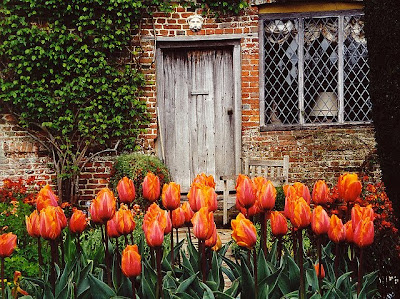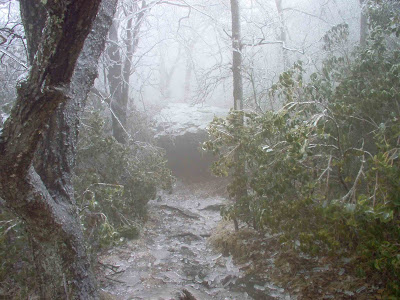 What to Eat, What to Drink, and What to Leave for Poison
What to Eat, What to Drink, and What to Leave for Poison~
CAMILLE T. DUNGYI.
Only now, in spring, can the place be named:
tulip poplar, daffodil, crab apple,
dogwood, budding pink-green, white-green, yellow
on my knowing. All winter I was lost.
Fall, I found myself here, with no texture
my fingers know. Then, worse, the white longing
that downed us deep three months. No flower heat.
That was winter. But now, in spring, the buds
flock our trees. Ten million exquisite buds,
tiny and loud, flaring their petalled wings,
bellowing from ashen branches vibrant
keys, the chords of spring’s triumph: fisted heart,
dogwood; grail, poplar; wine spray, crab apple.
The song is drink, is color. Come. Now. Taste.
II.
The song is drink, is color. Come now, taste
what the world has to offer. When you eat
you will know that music comes in guises—
bold of crepe myrtle, sweet of daffodil—
beyond sound, guises they never told you
could be true. And they aren’t. Except they are
so real now, this spring, you know them, taste them.
Green as kale, the songs of spring, bright as wine,
the music. Faces of this season grin
with clobbering wantonness—see the smiles
open on each branch?—until you, too, smile.
Wide carnival of color, carnival
of scent. We’re all lurching down streets, drunk now
from the poplar’s grail. Wine spray: crab apple.
III.
From the poplar’s grail, wine spray. Crab apple
brightens jealously to compete. But by
the crab apple’s deep stain, the tulip tree
learns modesty. Only blush, poplar learns,
lightly. Never burn such a dark-hued fire
to the core. Tulip poplar wants herself
light under leaf, never, like crab apple,
heavy under tart fruit. Never laden.
So the poplar pours just a hint of wine
in her cup, while the crab apple, wild one,
acts as if her body were a fountain.
She would pour wine onto you, just let her.
Shameless, she plants herself, and delivers,
down anyone’s street, bright invitations.
IV.
Down anyone’s street-bright invitations.
Suck ‘em. Swallow ‘em. Eat them whole. That’s right,
be greedy about it. The brightness calls
and you follow because you want to taste,
because you want to be welcomed inside
the code of that color: red for thirst; green
for hunger; pink, a kiss; and white, stain me
now. Soil me with touching. Is that right?
No? That’s not, you say, what you meant. Not what
you meant at all? Pardon. Excuse me, please.
Your hand was reaching, tugging at this shirt
of flowers and I thought, I guess I thought
you were hungry for something beautiful.
Come now. The brightness here might fill you up.
V.
Come. Now the brightness here might fill you up,
but tomorrow? Who can know what the next
day will bring. It is like that, here, in spring.
Four days ago, the dogwood was a fist
in protest. Now look. Even she unfurls
to the pleasure of the season. Don’t be
ashamed of yourself. Don’t be. This happens
to us all. We have thrown back the blanket.
We’re naked and we’ve grown to love ourselves.
I tell you, do not be ashamed. Who is
more wanton than the dancing crepe myrtle?
Is she ashamed? Why, even the dogwood,
that righteous tree of God’s, is full of lust
exploding into brightness every spring.
VI.
Exploding into brightness every spring,
I draw you close. I wonder, do you know
how long I’ve wanted to be here? Each year
you grasp me, lift me, carry me inside.
Glee is the body of the daffodil
reaching tubed fingers through the day, feeling
her own trumpeted passion choiring air
with hot, colored song. This is a texture
I love. This is life. And, too, you love me,
inhale my whole being every spring. Gone
winter, heavy clod whose icy body
fell into my bed. I must leave you, but
I’ll wait through heat, fall, freeze to hear you cry:
Daffodils are up. My God, what beauty!
VII.
Daffodils are up, my God! What beauty
concerted down on us last night. And if
I sleep again, I’ll wake to a louder
blossoming, the symphony smashing down
hothouse walls, and into the world: music.
Something like the birds’ return, each morning’s
crescendo rising toward its brightest pitch,
colors unfurling, petals alluring.
The song, the color, the rising ecstasy
of spring. My God. This beauty. This, this
is what I’ve hoped for. All my life is here
in the unnamed core—dogwood, daffodil,
tulip poplar, crab apple, crepe myrtle—
only now, in spring, can the place be named.
Picture found
here.









